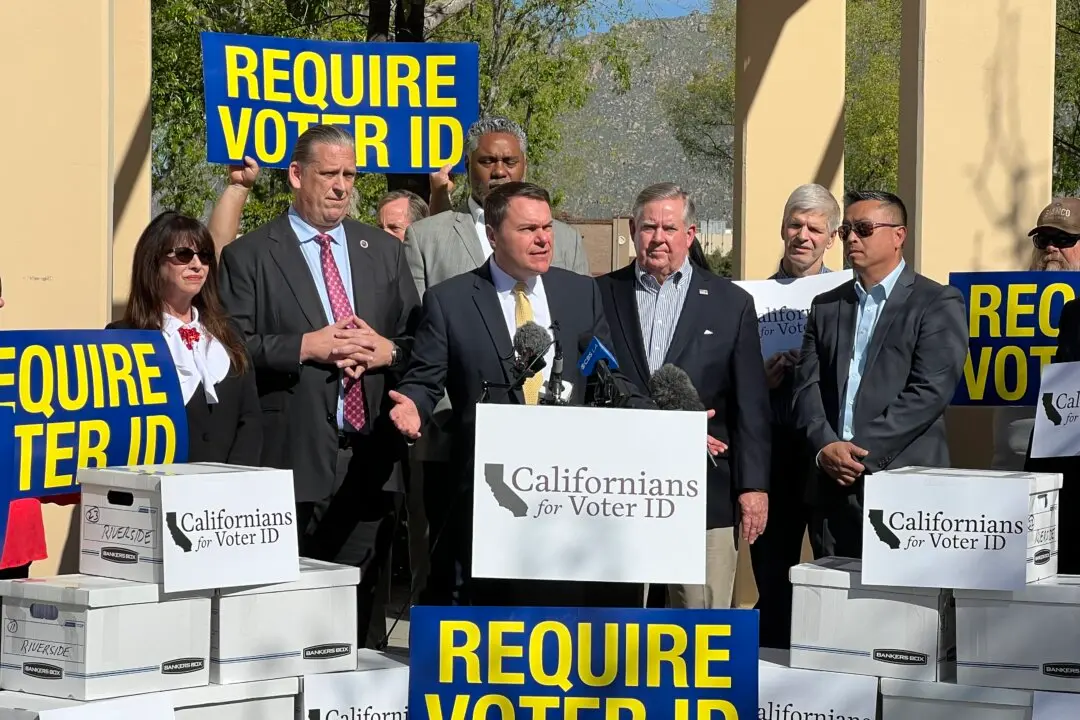California lawmakers have made noncompete agreements not only void in the state, but now unlawful.
Such contractual agreements or clauses used by employers restrict former employees from competing with their businesses and prohibit them from revealing proprietary information or secrets to any other parties during or after employment.





